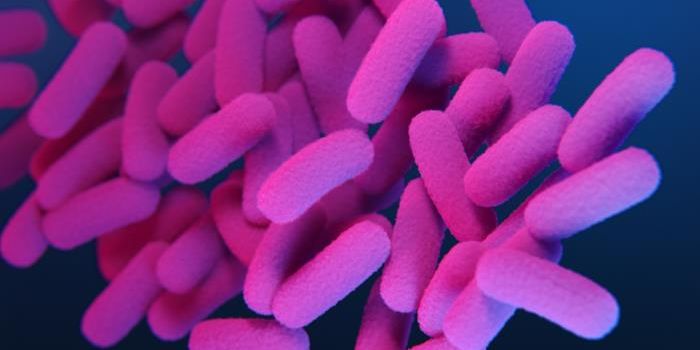From the first scientist to ever discover broadly neutralizing antibodies, a new candidate for protection from influenza virus has been found.
Wayne Marasco, MD, PhD, was the first scientist to discover broadly neutralizing antibodies in 2009. These are antibodies that, as their name suggests, are able to target and neutralize a wide variety of viruses, and scientists often study broadly neutralizing antibodies in experiments looking for a way to vaccinate against HIV.
From the Dana Farber Cancer Institute, Marasco and his team described a protein called 3I14 mAb, a broadly neutralizing antibody found to be capable of adapting to recognize different viruses, in their study recently published in the journal
Nature Communications.
Marasco and his team analyzed blood samples from seven blood bank donors, where they eventually identified 3I14 as a new antibody. In the lab, they challenged B cells, immune lymphocytes designed to create antibodies during the adaptive immune response, obtained from the blood samples with different types of influenza to see how they would respond.
Influenza virus mutates so frequently that the vaccine changes every year, which is why one vaccine won’t protect an individual for life. However, one population of B cells in the study appeared to be responsive to every single influenza strain tested. When the researchers isolated the gene responsible for the high-quality protection, 3I14 mAb was discovered.
They also observed just how 3I14 was uniquely able to bind to multiple types of influenza. 3I14 antibodies bind to a part of the virus that doesn’t change even among mutations, called the “stem.”
Next, they challenged the same B cells with a type of bird flu virus called H5 so they could be certain that the cells had never encountered this particular strain of influenza. 3I14 didn’t bind strongly at first, but a single DNA mutation applied in the lab increased its binding strength by tenfold, an incredible improvement considering the mutation was easily induced and is often found in nature.
After more research, scientists found that 3I14 is capable of recognizing and disabling a diverse group of the 18 different strains of influenza virus that infect people all around the world. Specifically, 3I14 antibodies neutralize two main types of influenza virus: group 1 and group 2.
The influenza virus mutates both suddenly and slowly over time, a tendency exacerbated by the combination of human virus strains with strains that traditionally infect animals. Every year, scientists predict which strains will be most prevalent and develop vaccines for those strains to protect as many people as possible. With a new vaccine based on the 3I14 broadly neutralizing antibody, scientists could protect people from many more variants of influenza virus.
Sources:
Dana Farber Cancer Institute,
Flu.gov,
Caltech









